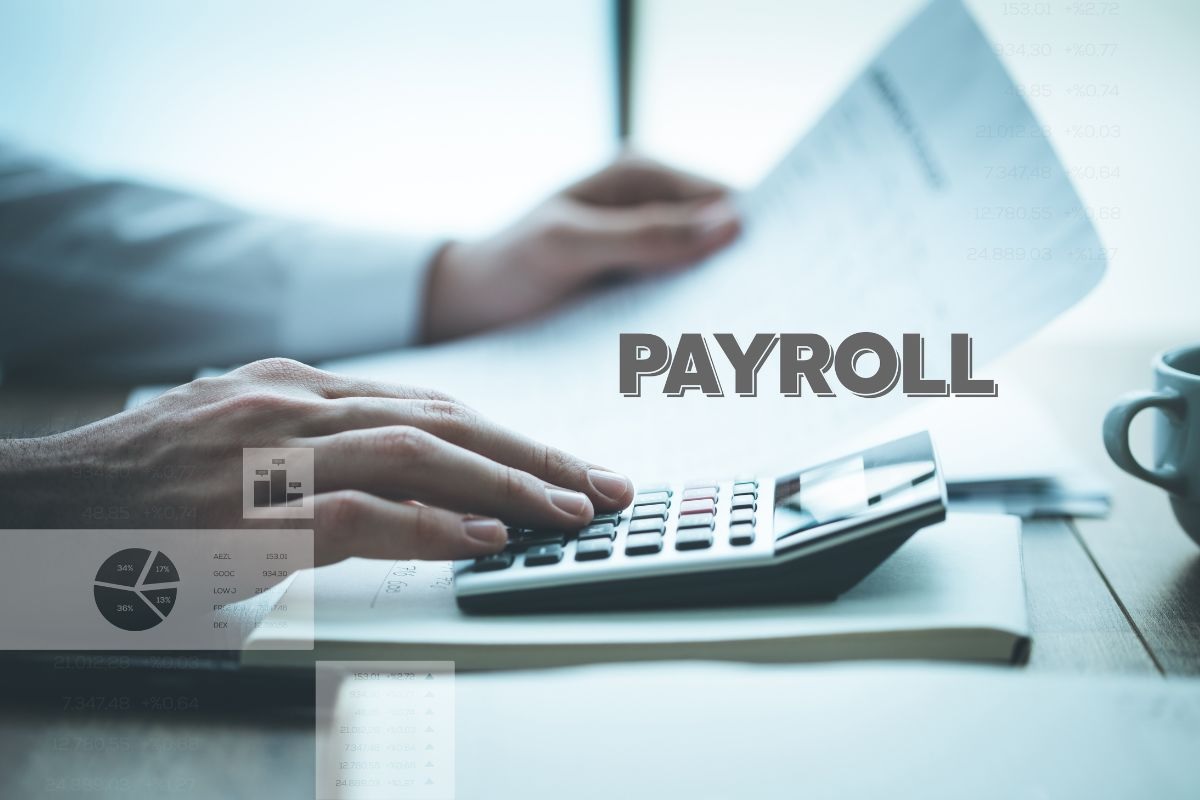Financial obligations Nearly Impossible To Find Discharged In Personal bankruptcy
A typical misconception people hold about personal bankruptcy is the fact that any debt qualifies for any discharge. Although there are lots of financial obligations generally held by individuals which do be eligible for a a personal debt discharge, there’s also several that don’t. People frequently encounter problems by declaring personal bankruptcy without talking to a personal bankruptcy attorney, and therefore are disappointed to discover their financial obligations don’t qualify as well as their situation is ignored. However, mistakes like this is often easily prevented by learning a couple of simple reasons for how financial obligations operate in personal bankruptcy.
Guaranteed Versus. Unsecured Financial obligations
The majority of the financial obligations held by individuals which are declared a personal bankruptcy discharge are unsecured financial obligations. They are financial obligations for example charge cards, hospital bills, some unsecured loans and bills. These financial obligations are thought unsecured since they’re not guaranteed against any asset as collateral around the loan. Since there’s no asset held as collateral, these financial obligations are often managed most likely through an instalment 13 or Chapter Seven personal bankruptcy.
Guaranteed financial obligations are the most typical kind of debt managed inside a Chapter 13 Bankruptcy situation. Financial obligations like a mortgage or vehicle loan are typical types of a guaranteed debt, where the asset is guaranteed from the loan as collateral. Using the asset being guaranteed as collateral, the only method to keep your asset in personal bankruptcy is as simple as repaying your debt via a Chapter 13 Bankruptcy plan.
Difficult Financial obligations
A few of the financial obligations which are hard to discharge in personal bankruptcy are unsecured financial obligations. Despite the fact that these financial obligations don’t hold a good thing as security from the loan, they can be not qualified for discharge because of their high liability status. Tax financial obligations, education loan financial obligations and back due domestic support payments are the most typical. These 3 kinds of financial obligations are hardly ever dischargeable through personal bankruptcy and, within the rare situation where they are doing qualify, are usually discharged via a Chapter 13 Bankruptcy repayment schedule.
Although these financial obligations take time and effort to acquire a discharge in personal bankruptcy, that does not imply that there’s no strategy for finding respite from such financial obligations. Education loan financial obligations could be negotiated directly using the loan provider. Since many of these loans are federally funded, many be eligible for a federal installment plan assistance. Education loan financial obligations might also be eligible for a deferment, where the customer is granted a brief suspension of payments for approximately twelve months.
Tax financial obligations also their very own supply of reprieve. The Government offers two methods for taxpayers to get up to date on their own tax financial obligations in a manner that suits their budget. The Government installment plan enables for many taxpayers to pay back their tax financial obligations in small payments remodeled a number of months. Generally, the government will waive any delinquency charges and suspend any interest charges on financial obligations which are being paid back with the installment plan. An Oic is really a debt consolidation option provided by the government, where a citizen purports to pay minimal the quantity owed. The Government generally reserves this method for individuals experiencing poverty and also the burden lies using the citizen to request these plans.







